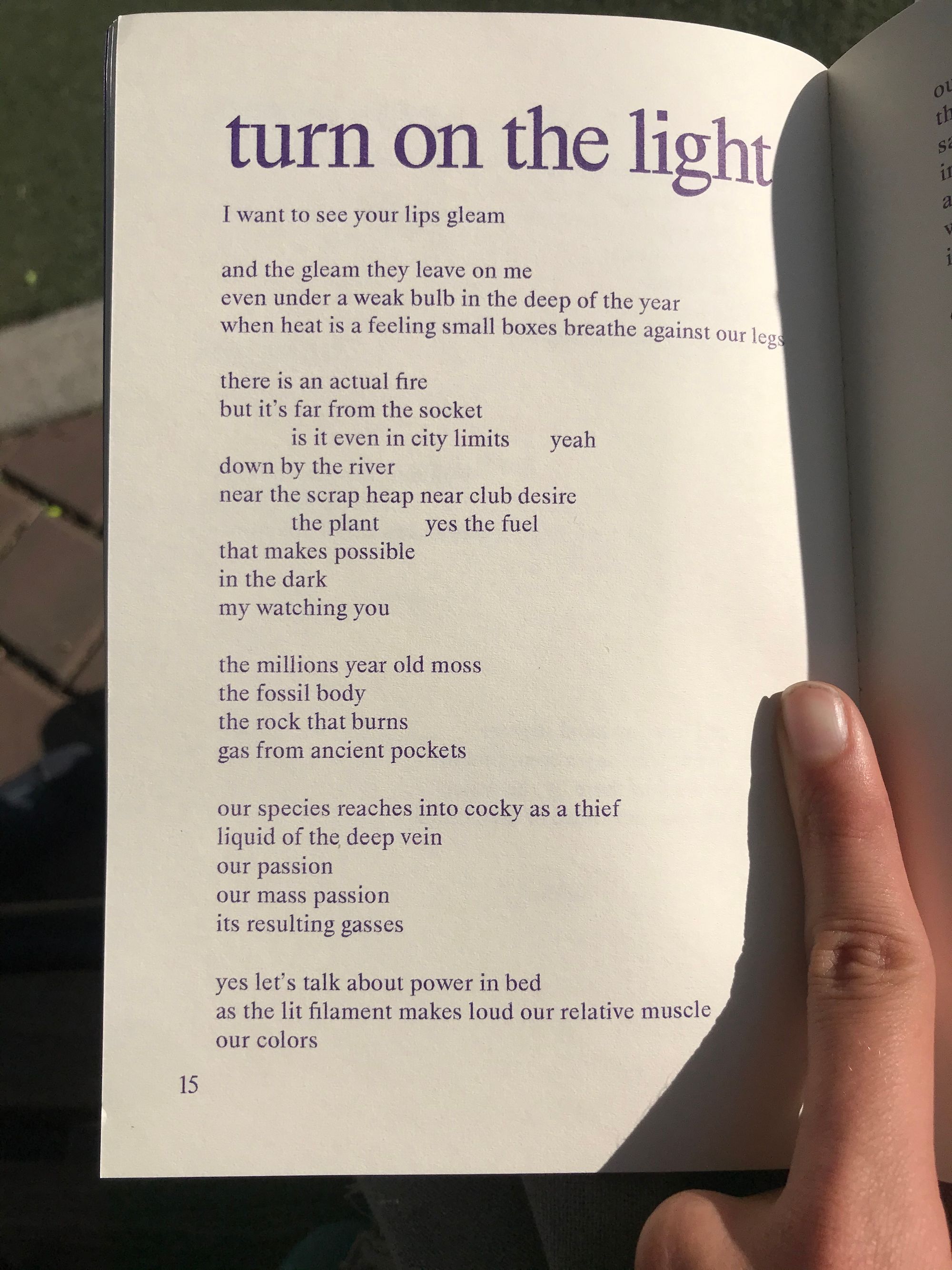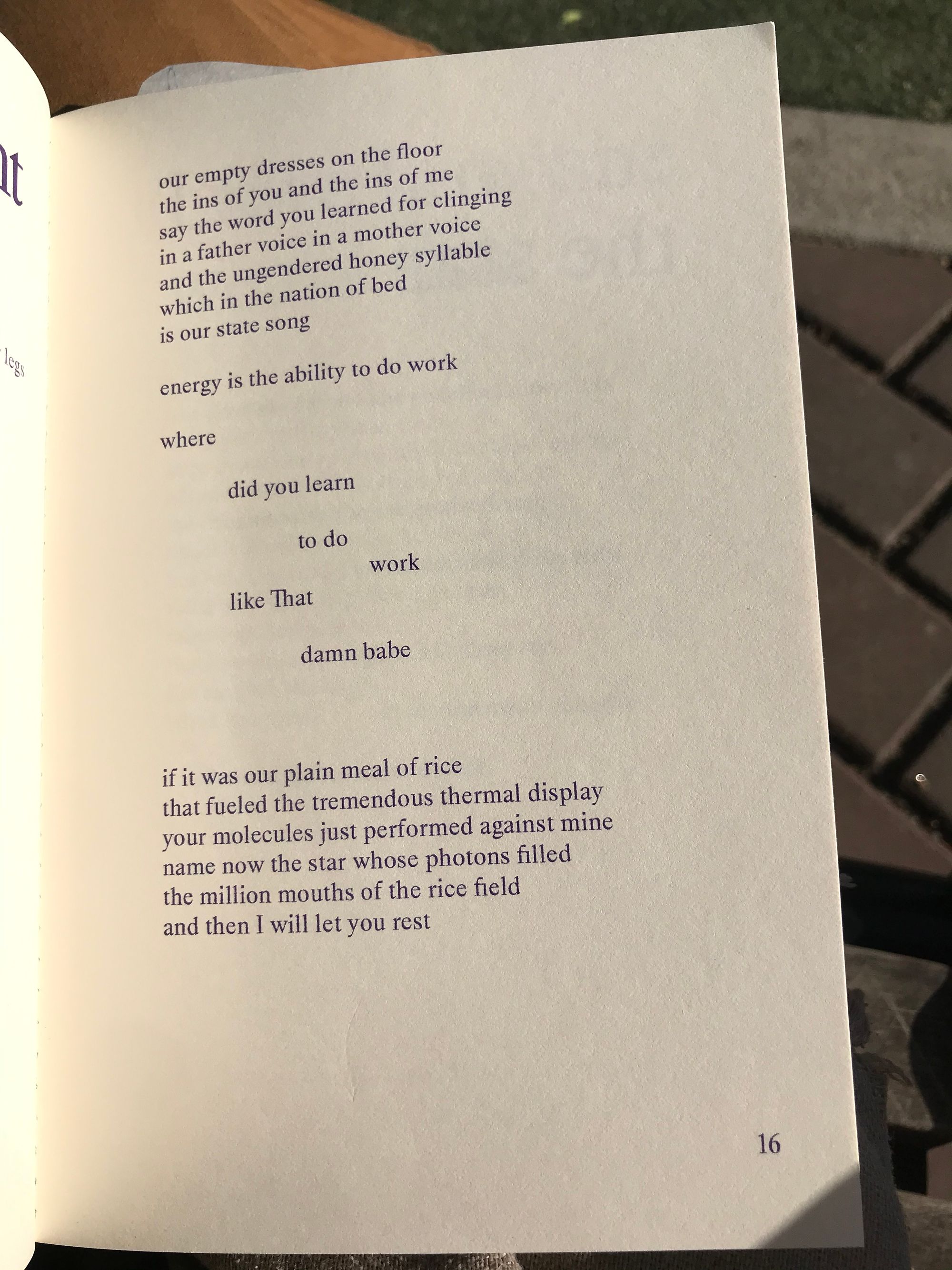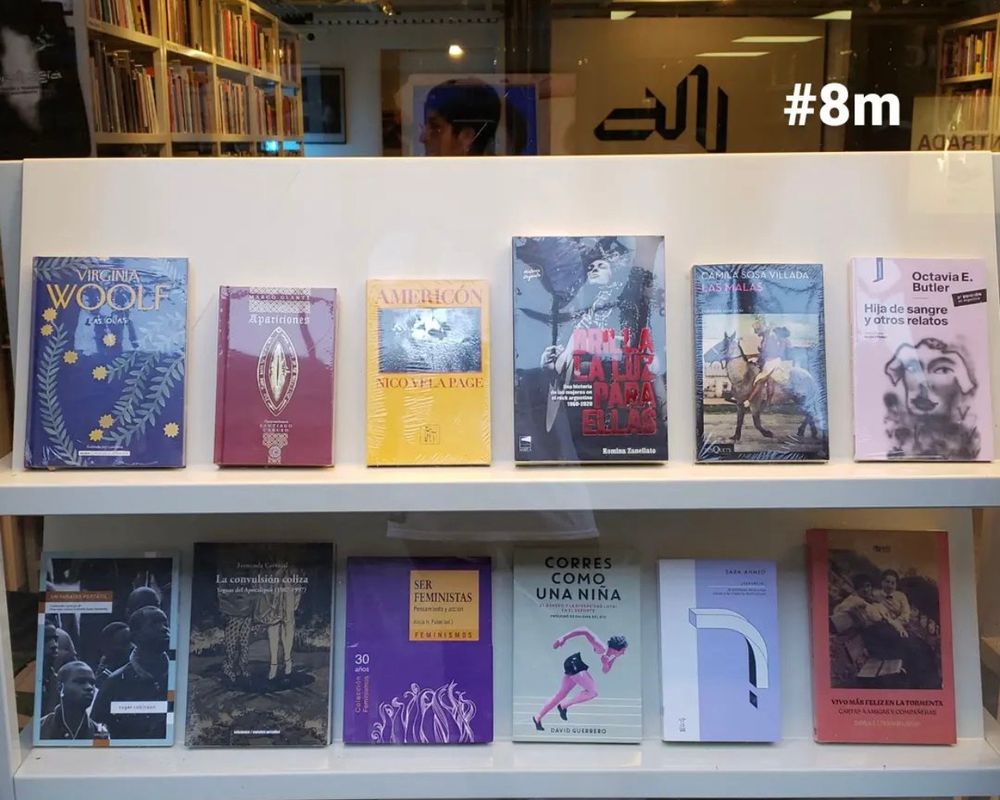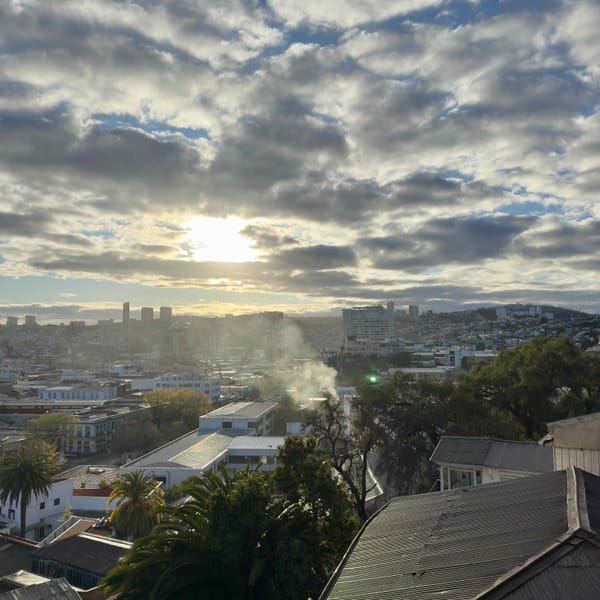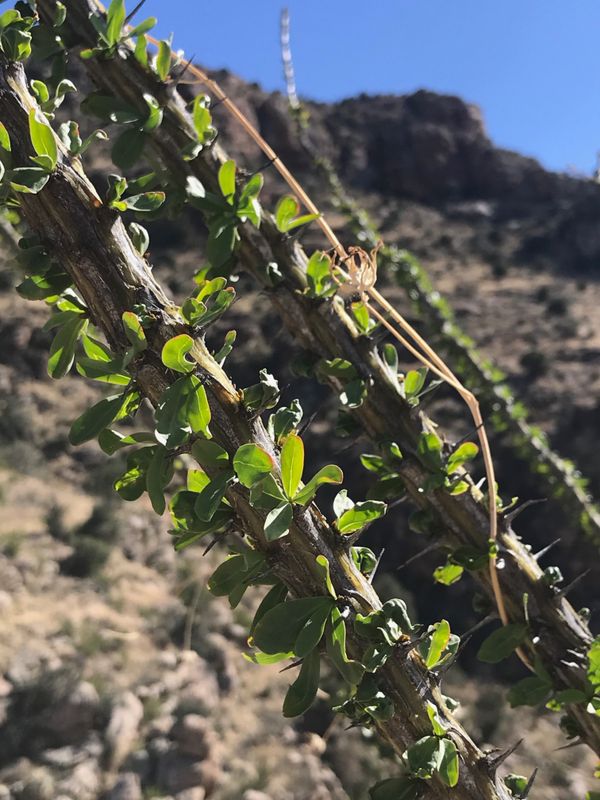Readings & Reviews & Revisiting the She-Kings of PVD
Americón reviews and readings
It’s been a time since I’ve written, so to start, some updates— there’s lots going on in the slow-moving world of Americón these days! First off, Heather Bowlan wrote a review in the latest Anarchist Review of Books (Issue #5), putting my book in conversation with Marwa Helal’s Ante body and Raquel Gutiérrez’s Brown Neon. Bowlan writes, “In these texts intersectionality (in Kimberlé Williams Crenshaw’s original, explicitly political definition) verges on interstitial, as the authors push against categories like citizenship, ‘first’ languages/cultures, and gender, rejecting them as distinct. They blur the lines of demarcations we’ve absorbed, boundaries that can be even more challenging to confront or challenge because, when categories of identity overlap, one tends to obfuscate the other(s).” You can read a bit more here!
The Saturday before last, we hosted a virtual book launch with Wendy’s Subway, which featured readings by Antü Catrileo, Imani Elizabeth Jackson, Eleni Sikelianos. Thanks to everyone who read with me and to all of you who came out for a beautiful evening of poetry, it was really special! But if you couldn’t make it, never fear— I have two more readings coming up next week:
- On Tuesday, March 21st at 6pm (AZ), I’ll be reading two new poems as part of Artistic InQUEERies 2023 Virtual Poetry Reading. There’ll also be drag nights and art nights, so be sure to check out the flyer below for more information and register here to receive a link!
- On Saturday, March 25th, I’m co-hosting a hybrid in-person and virtual reading to celebrate Americón as part of Tucson’s awesome new device grip series. I’ll be joined by some amazing poets, so keep an eye out for more info soon!
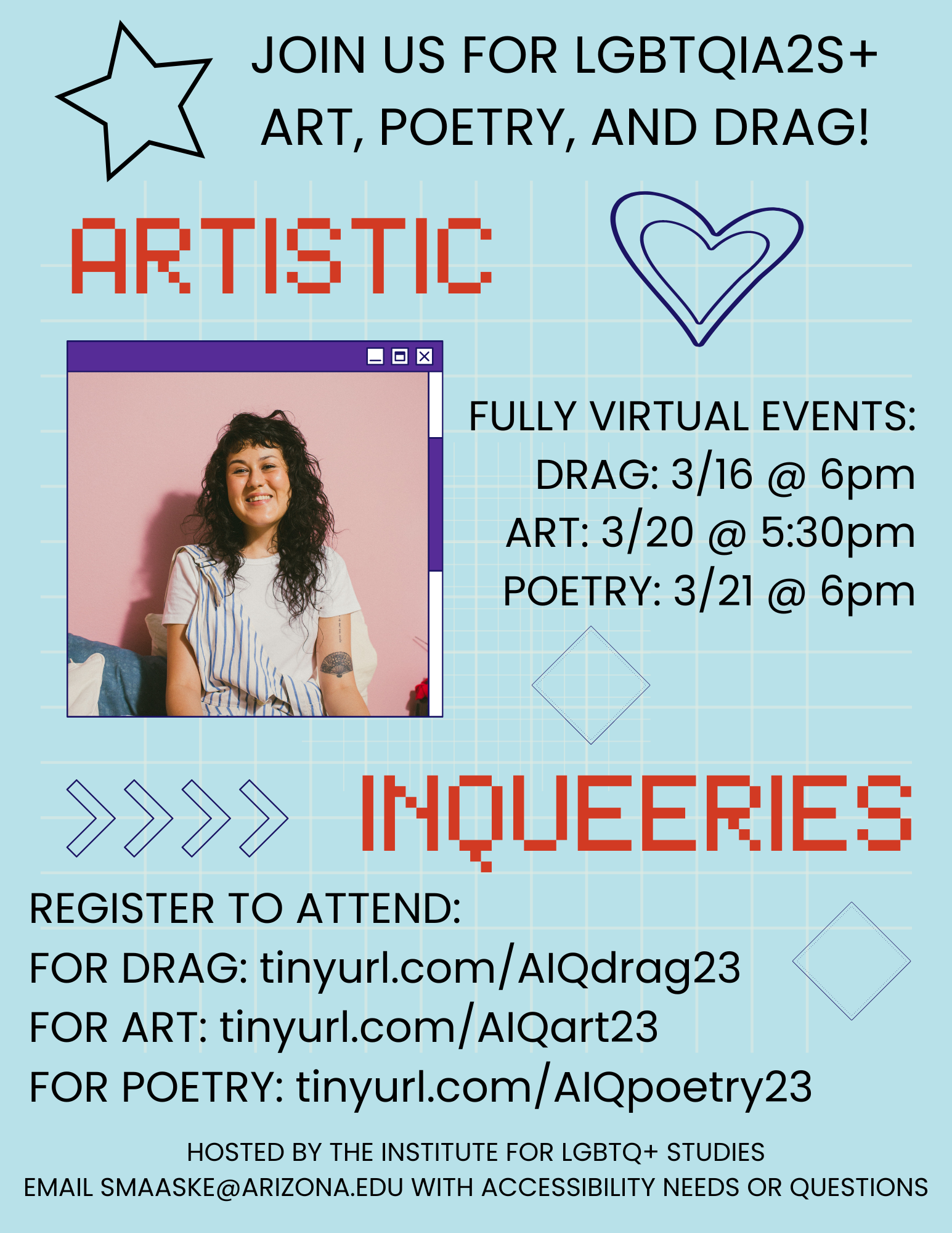
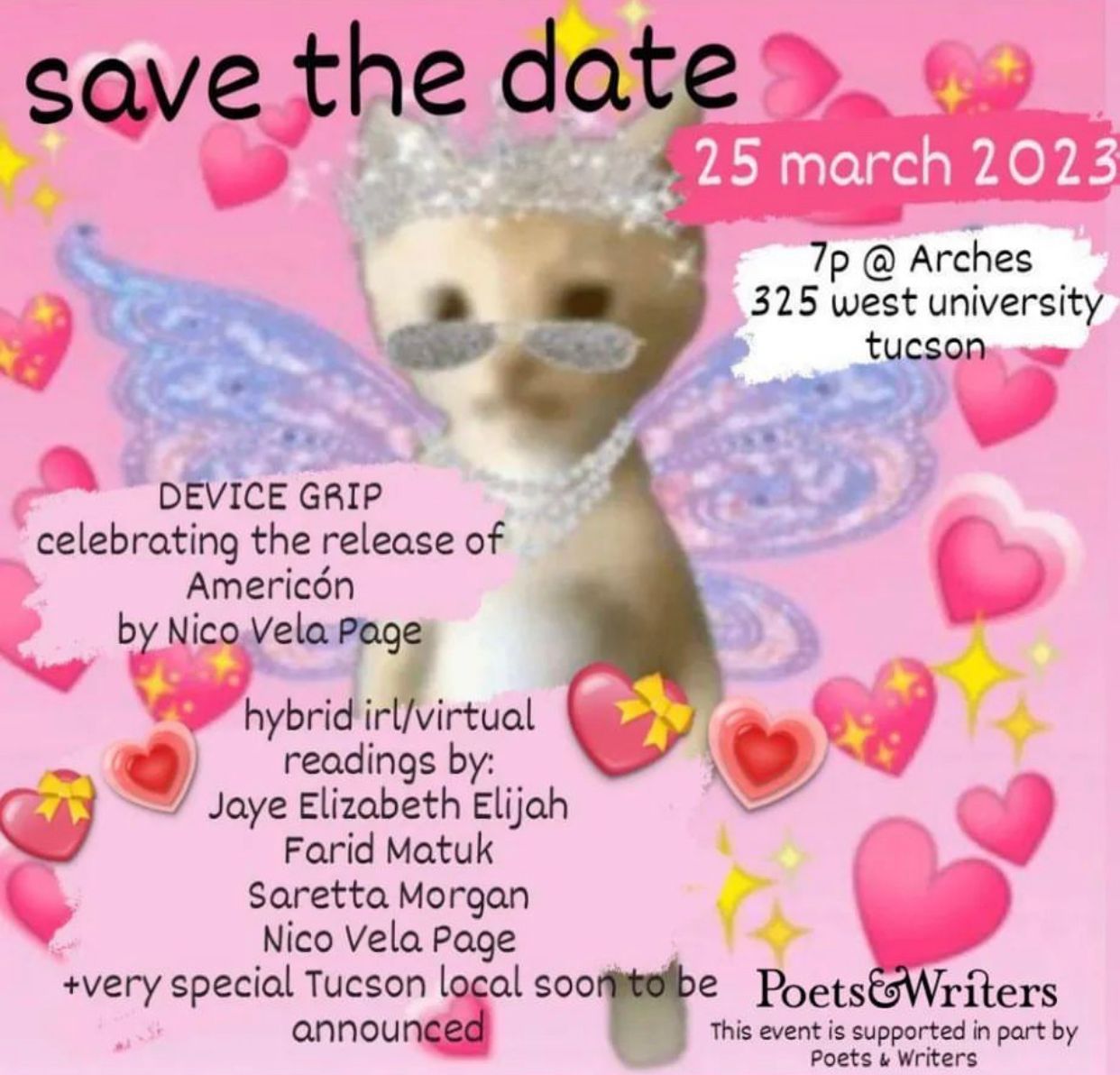
On Monday, Verse will be publishing a few poems from Americón in their weekly poetry playlist, which I’m thrilled about. These will be the first excerpts from the book available online! You should absolutely sign up for the Verse newsletter, it’s a fantastic way to find out about contemporary poetry, thanks to Charles Theonia.
Lastly, the poet Emily Brandt wrote a lovely “tiny review” of the book in their newsletter, open language. I was especially happy she pointed out the detail that the photos in the book tell their own, parallel story to the writing, “beginning with a person walking out into the land, ending with an image of land uninhabited.” The review is paired with a lovely offering of a ritual, so be sure to read it and sign up for future editions!
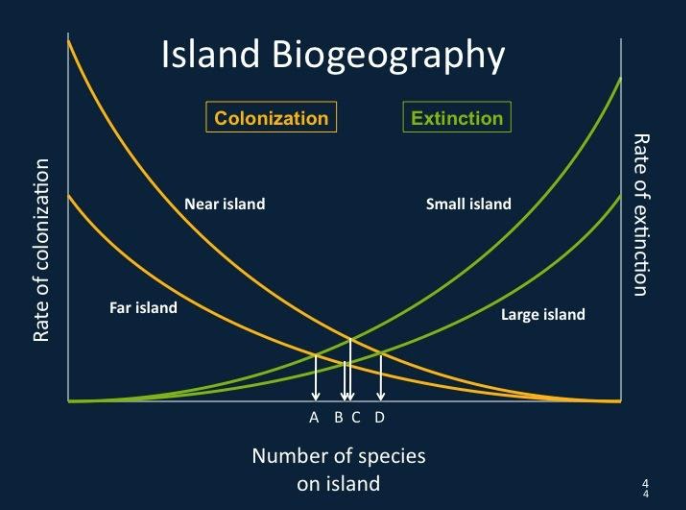
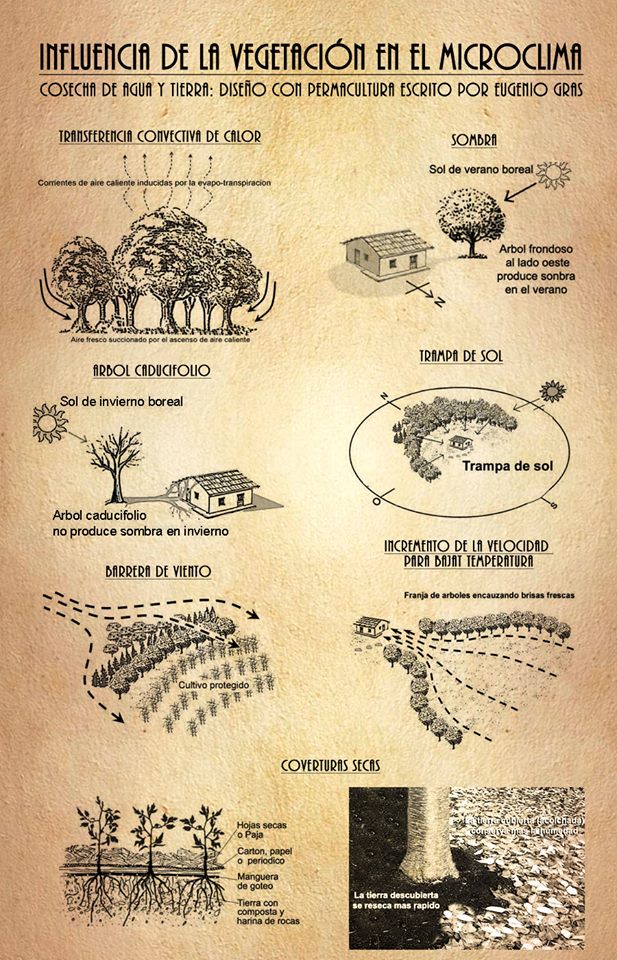
A little reciprical review of Club Desire
My mom just came back from two weeks in the Northeast visiting my sister, and brought back two books I’m excited to finally have in my hands: Disgust, by Emji Saint Spero, and Club Desire, by Laura Lamb Brown-Lavoie. I started reading Disgust immediately and haven’t been able to put it down. It somehow manages to channel the page-turner quality of a thriller in the form of word-for-word transcriptions of videos Saint Spero recorded during a week they spent bound by an incredibly rigorous dom/sub contract.
Club Desire I first read some ten months ago now, and when I flipped through it again last week, it inspired me all over again, so in the spirit of giving back to the poetry-island-water-cycle, I sat down to write a sort of review, walk-along, season-ripened reflection about Laura’s gorgeous collection. And if anyone would care to accept the seed, I’ll pass along the prompt to write with a book that’s moved you recently, and to please send it back along my way.
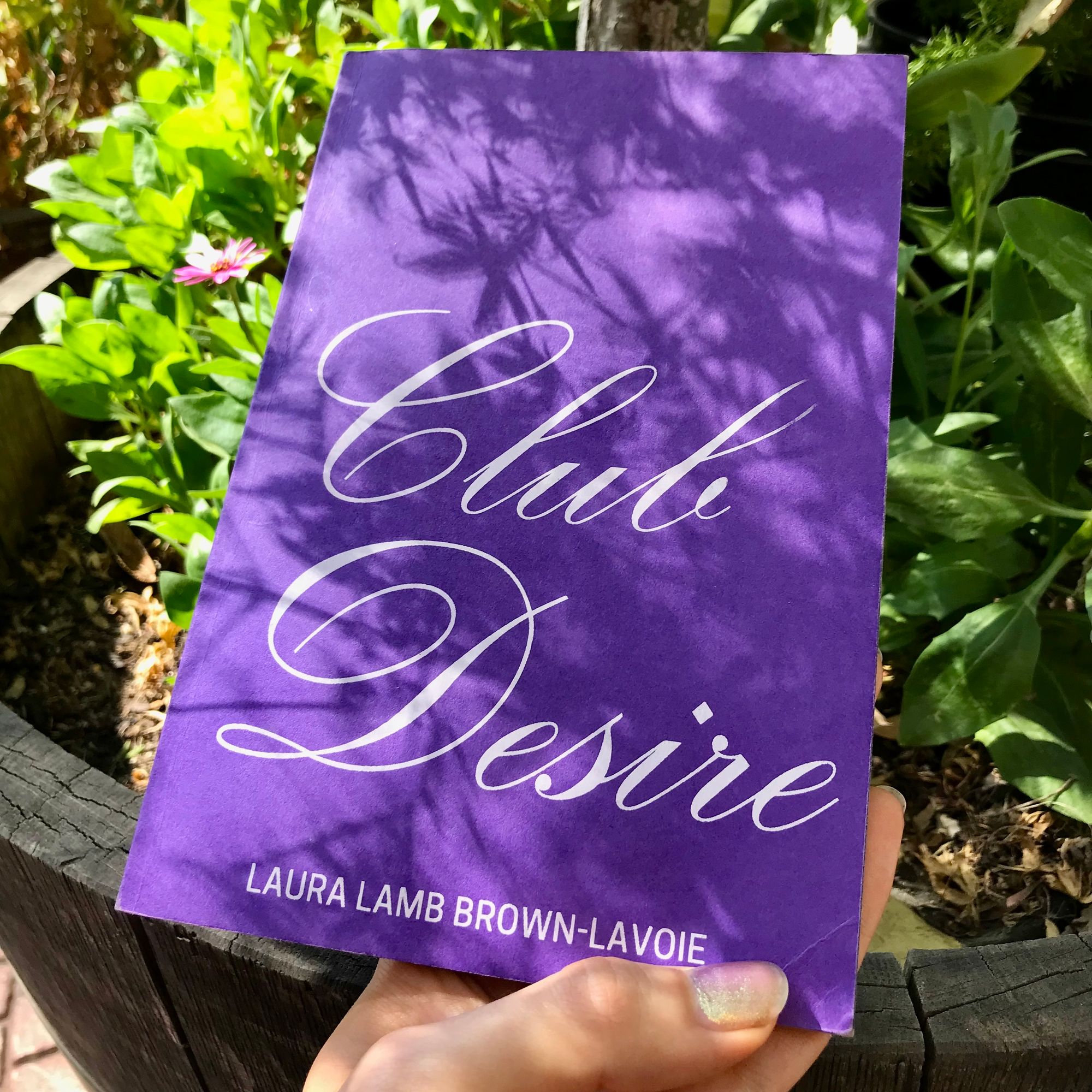
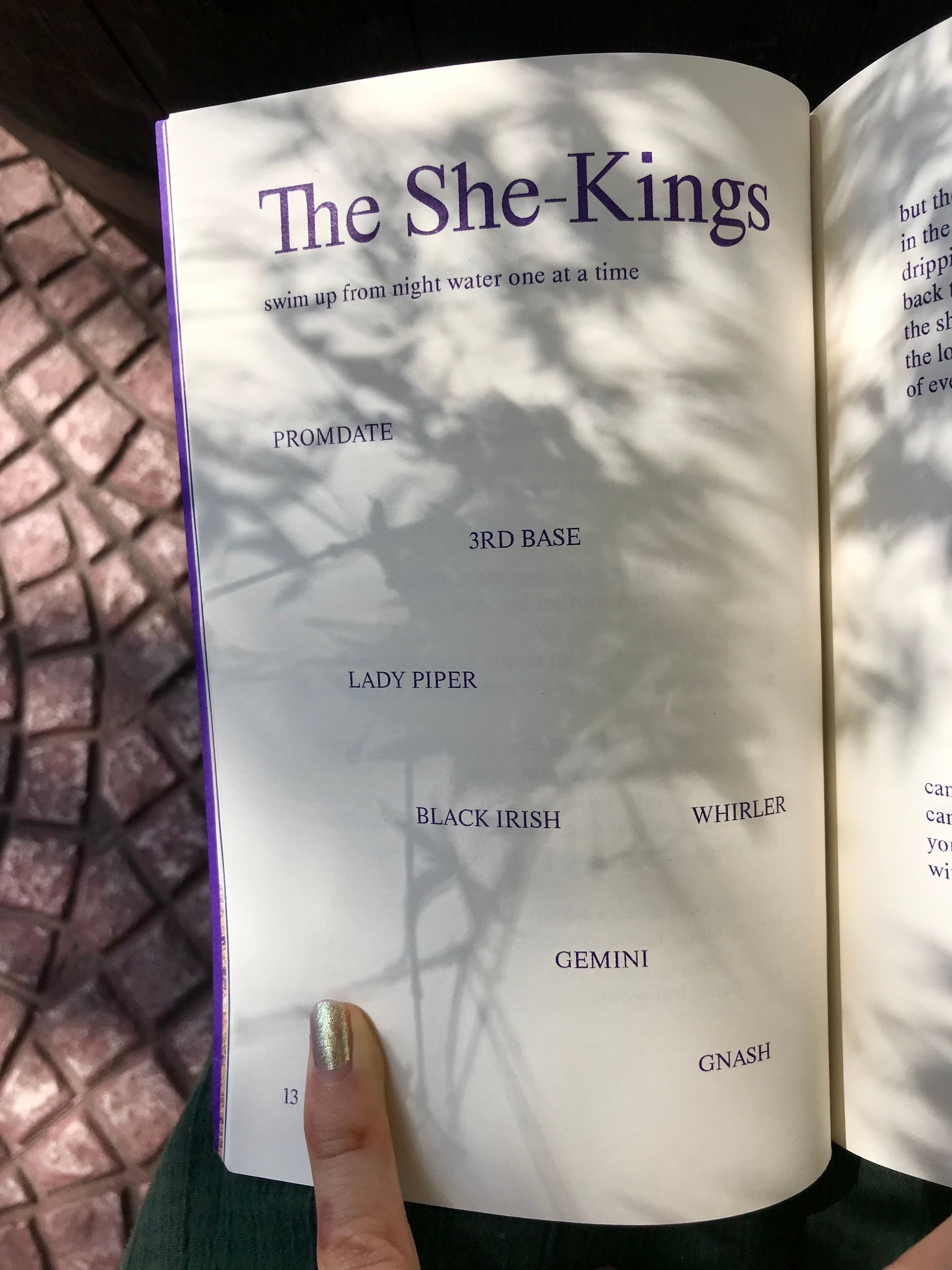
When I arrived in Philly, Alex had a book to share: fibrous paper, purple-bound, a beautiful object of limited run and local manufacturing, number 131 of which is now, months later, on my dining room table atop the crumbs beside a bowl of black lentils while outside the window a late-summer Friday night shadow creeps up the Andes. Come with me to Club Desire, and let’s pray to the petroleum it takes to get a queer work of interspecies translation from earth into words and from one colonized land to another, reading again of how, “if you add New to it // england goes on forever,” hasta, incluso, Santiago de Nueva Extremadura.
When I lived in the Providence Plantations, I encountered fruit from this far south at the supermarket sometimes. Chances are, no matter where you are in the U.S., you’ve eaten a Chilean grape or apple or peach in the wrong season. In Dawn King’s Urban Agriculture seminar, we learned that on an emissions-by-emissions basis, it is often better to buy this fruit shipped halfway across the world than that which is grown locally and sold at the farmer’s market. Laura Lamb Brown-Lavoie showed up one day in our classroom, another poet cross-dressing with the scientists—which may just be to say, a farmer—and really carried us—I remember hands in their poem—to the dirt, and it was words, and out beyond the sidewalk’s end they kept walking, so we followed behind, glancing at one another, maybe wondering about a midterm paper, or remembering the urban farms in Cuba, or trying to solve the problem of what to do with the splatter of overripe fruit on the sidewalk in utopia, and what would we pave with then, anyway. In Club Desire, Laura turns the pavement back into “petroleum/ my colleague in all american pleasure,” and oh how their diesel musings spoke to me after months on the road, when “my big idea was to do nothing for a while/ I hum[med] with the engines as long as I [could]” living rentless and antisystemic burning rubber, low octane, couch-surfing, credit card bills, you know the drill. What’s a revolution if it doesn’t trap you eventually.
But Providence. I lived there just about as long as I’ve lived anywhere, really. So a book rooted out by “the river [that] takes a lot of waste/ a lot of bottles and vomit/ just picks it up and carries it away/ and still delivers the moon most nights” makes me feel a bit like the Seekonk did— home, strangely. I had a waterfront love born on the other bank, in the red blinking of the Power Plant. Somehow those three eyes, their syncopated sight, their gradual sliding in and out of rhythm with each other, brought two of us together at an unlikely time, and if you’ve lived anywhere near Fox Point, you’ll know exactly what I mean. Remember what it felt like to kiss in the shadow of that dumb signal? in the cobblestone circle where you can hear the brass band even on nights there’s no rehearsal while under the bridge it’s dripping that post-industrial romance tune to complicit nods between knotted students and their gentrification playground, yeah, we danced in the postcard-notion that “this is a small city/ but it smokes hard/ and winks at the mob,” praying for absolution from the eviction notices we rode in on financial aid.
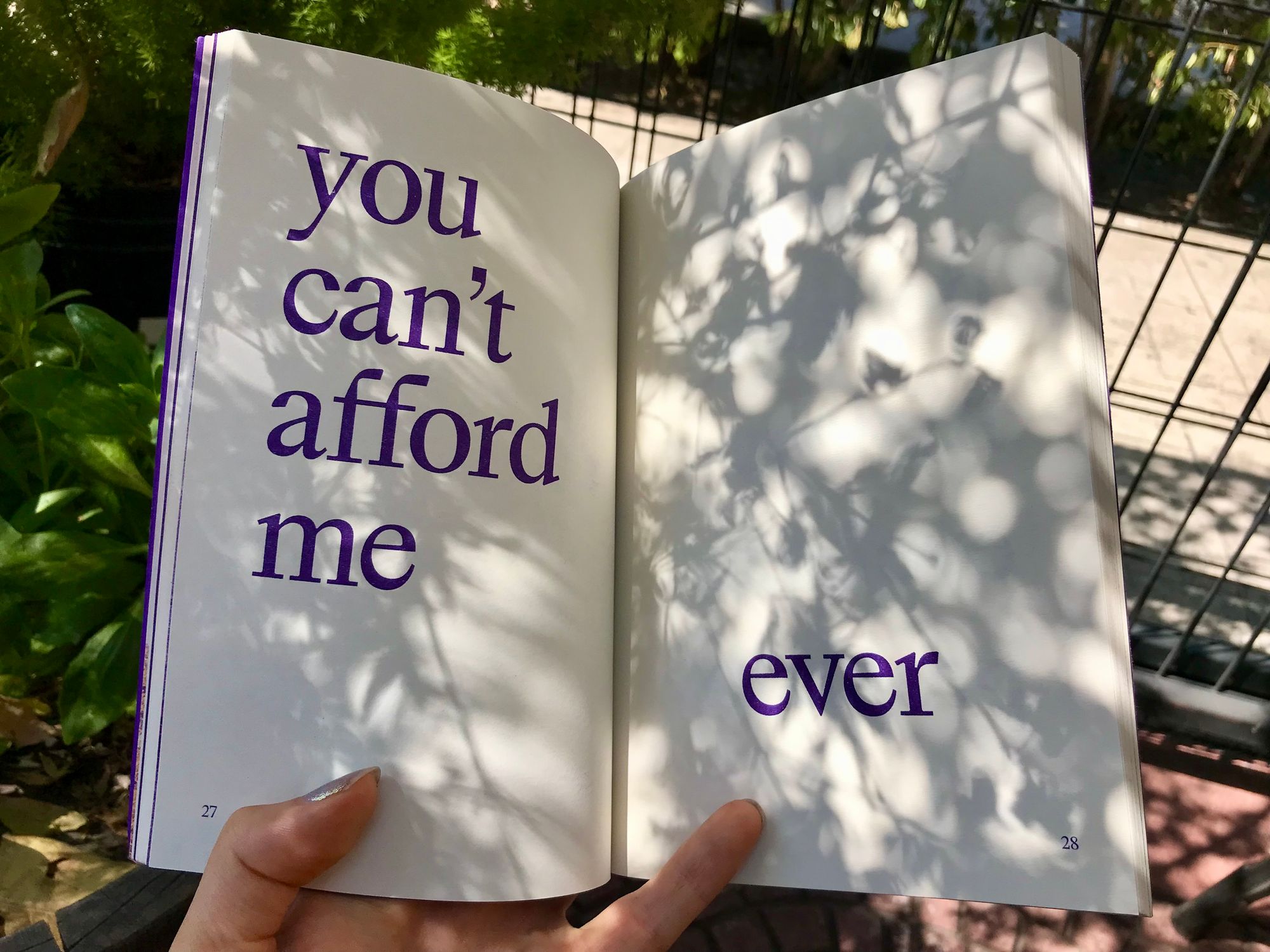
And Laura says no postcard without the stamp of erasure, no pastoral without the oil, no sex work without smoke stacks, no people without memory, no whiteness without murder, no generations without inheritances, without all the filthy strings attached to the trust funds dragging in the mud, no mud without people, but plenty of people without land. So, the deep-digging question “can we be one/ me and this long-rooted body/ can I graft myself to it and bear fruit”?
Witness these lines:
“imperfect animal imperfect animal”
“except this is the earth/ wheezing out a beautiful day”
And like, this poem ending, my god: “anyway it is a myth that cooking women eat last/ the person cooking always has a taste”.
I will say I wished for more of the She-Kings, the mythical strippers who reign over, yet serve, Club Desire. They are introduced early in the book but never fully take form, overcome as they are by the gritty center of oil and gas and earth poems. All of these threads come together astonishingly in the second-to-last poem, "Sunrise," which recounts the night before the titular daybreak, when the club is evacuated due to a gas leak. "[W]e are outside club desire now/ in last night's guileless panties/ dumb monks of dawn," the poem concludes, after meditating on love and death and how all it takes is a stray cig and a little leak to blow a block, or a relationship, to high heaven.
Yes, Club Desire left me a little greedy for its teasingly glimpsed world of “strobe/ bodies/ neon/ all of them/ possible/ yes/ you are allowed”— but only allowed so much, the speaker says: “you can’t afford me/ ever.” Still, I lust. Luckily, Laura gave us this poem, which I hope a lover will forgive me for resharing so publicly after I sexted it to them:
